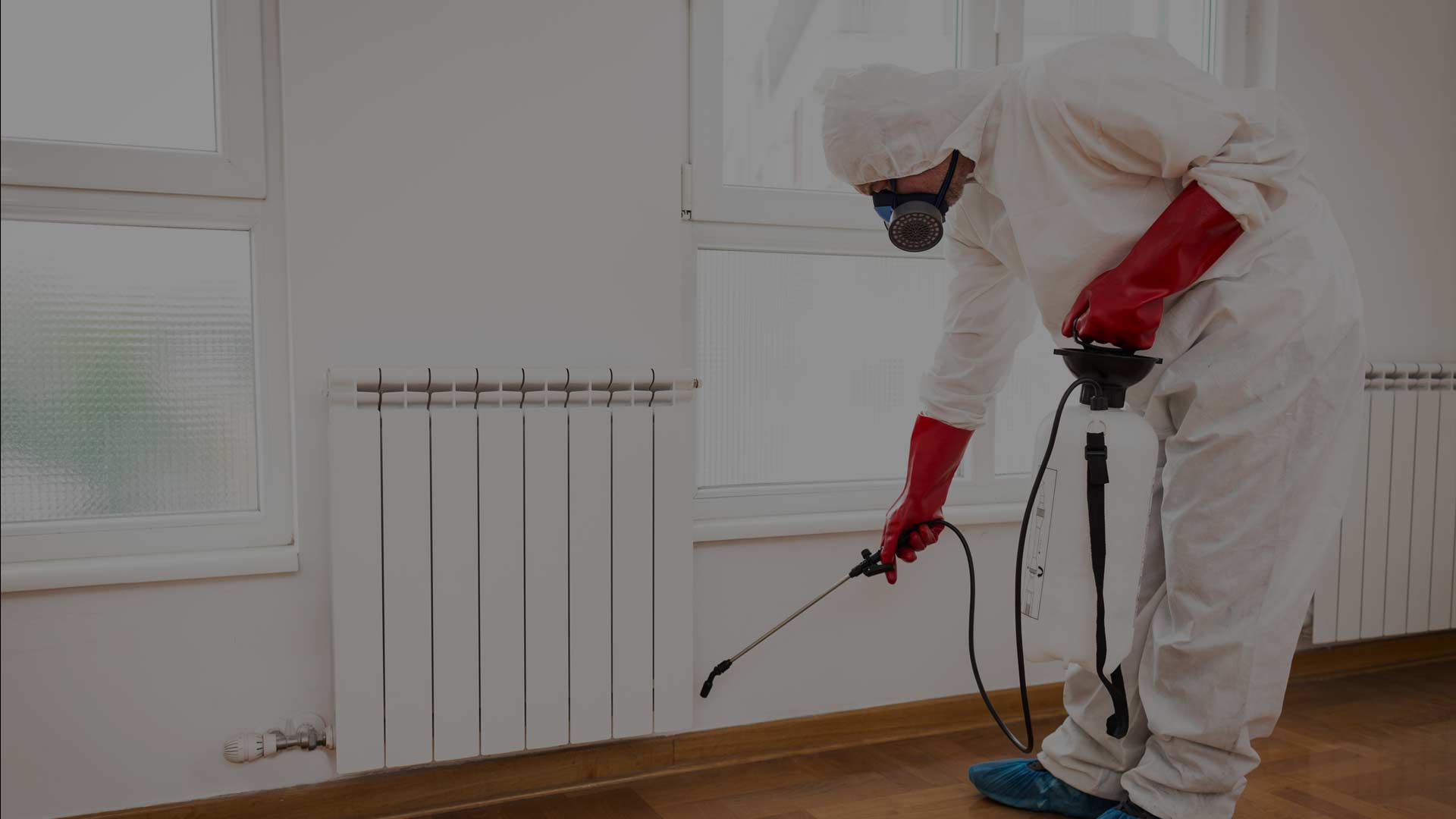Comprehensive Pest Control Services: Maintain Your Residential Or Commercial Property Pest-Free!
Comprehensive Pest Control Services: Maintain Your Residential Or Commercial Property Pest-Free!
Blog Article
Expert Bug Control Techniques for Long-Term Outcomes
In the realm of pest control, accomplishing continual efficacy and long-term outcomes needs a precise strategy that goes beyond mere elimination. Expert bug control strategies encapsulate a comprehensive approach that starts with an extensive inspection and evaluation, complied with by accurate bug identification to recognize their behavior patterns. The execution of Integrated Insect Administration (IPM) principles, coupled with eco-conscious treatments, forms the keystone of lasting parasite eradication. The true test exists in the ongoing tracking and maintenance of the dealt with areas, making sure a pest-free setting for the foreseeable future. By diving right into the ins and outs of these strategies, a deeper understanding of expert parasite control techniques for withstanding end results emerges.
Evaluation and Evaluation
Upon getting in a home for bug control services, the initial action is an extensive assessment and analysis to recognize the level of the problem and determine one of the most effective therapy strategy. Professional bug control technicians are trained to thoroughly analyze the premises, searching for signs of bug task such as droppings, nibble marks, nests, or any architectural damage. They will likewise assess the conditions that might be bring in pests, such as food sources, water leakages, or access points.

Parasite Recognition and Habits

Moreover, understanding the behavior of the recognized parasite is crucial to implementing effective control measures. Understanding where bugs nest, what they feed on, and their activity patterns can assist pest control experts develop approaches to eradicate them effectively.
Integrated Insect Management (IPM)
Integrated Pest Monitoring (IPM) strategies integrate numerous methods to regulate and stop parasite problems in a lasting and environmentally friendly fashion. Pest control Washington DC. By integrating approaches such as biological control, habitat control, adjustment of social techniques, and using resistant varieties, IPM intends to minimize the usage of chemical pesticides
One of the crucial concepts of IPM is the emphasis on avoidance. This positive approach includes tracking pest populations consistently to spot any possible issues before they intensify. By determining parasite problems at an early stage, pest control procedures can be implemented promptly and effectively.
Furthermore, IPM promotes using non-toxic parasite control methods whenever possible. This can include using all-natural killers of the insects, introducing advantageous bugs, or making use of pheromones to interrupt mating patterns. By reducing reliance on chemical pesticides, IPM not only safeguards the atmosphere but likewise assists keep an equilibrium in the environment.
Environmentally-Friendly Treatments
Executing eco-conscious approaches in bug control procedures can effectively resolve infestations while prioritizing ecological sustainability. Environmentally-friendly treatments concentrate on lessening the effect of bug control techniques on communities, non-target microorganisms, and human health.
An additional trick element of environmentally-friendly treatments is the usage of organic and eco-friendly items that damage down quickly without leaving unsafe residues in the environment. Botanical pesticides originated from plants like chrysanthemums or neem offer effective parasite control while positioning very little threat to non-target types. Using methods like warm therapies or pheromone catches can target specific pests with accuracy, minimizing the general ecological effect of bug control techniques.
Recurring Monitoring and Upkeep
Consistent surveillance and upkeep are vital parts of effective pest control management. Ongoing surveillance plays a crucial role in making sure that bug infestations are discovered very early and handled without delay. Regular evaluations by experienced experts are necessary to determine any indications of bug task, examine the performance of previous treatments, and make adjustments to the insect control strategy as needed. By monitoring bug populaces with time, insect control professionals can track fads, expect possible issues, and implement safety nets to decrease the risk of future problems.
In addition to monitoring, upkeep techniques are vital for long-term insect control success. This consists of executing proper cleanliness actions to get rid of possible food and water sources for parasites, sealing entry indicate protect Exterminator DC against bugs from entering the properties, and addressing any structural issues that might facilitate bug invasions (exterminator near me). By integrating continuous surveillance and maintenance into an integrated pest monitoring method, companies can ensure a pest-free environment and protect their residential or commercial property against pricey damages and health risks
Final Thought
Finally, using professional bug control strategies such as thorough evaluation and analysis, accurate bug recognition and understanding of their habits, integrated parasite monitoring methods, environmentally-friendly therapies, and ongoing monitoring and maintenance are important for achieving long-term outcomes in parasite control. By executing these methods, individuals can efficiently manage parasite infestations and preserve a pest-free setting in a lasting fashion.
Report this page